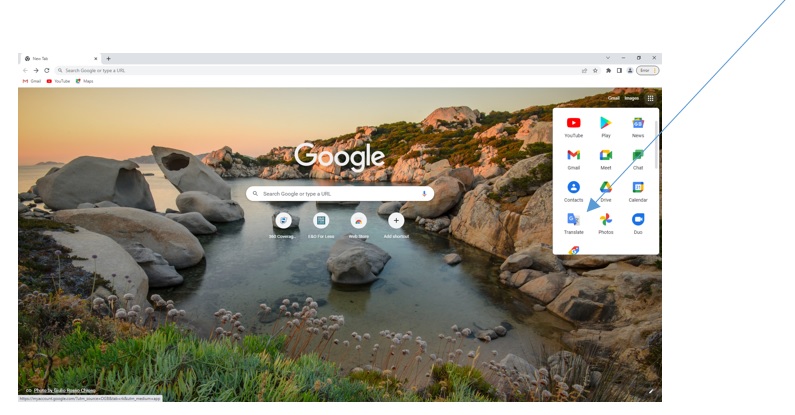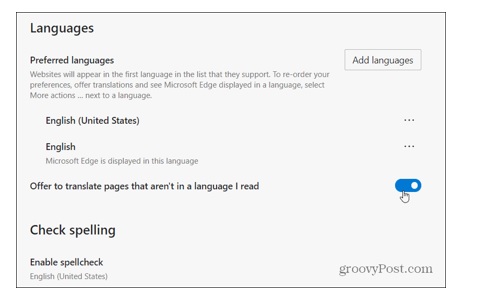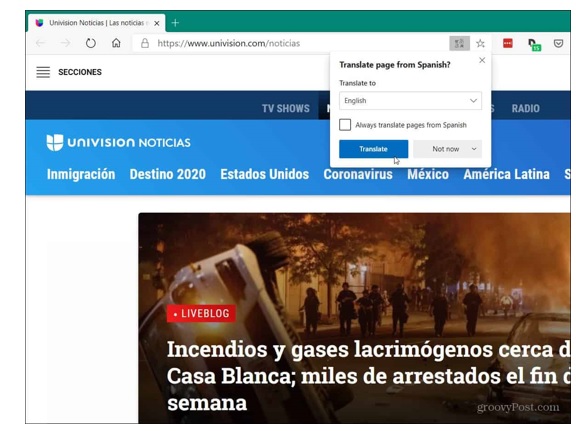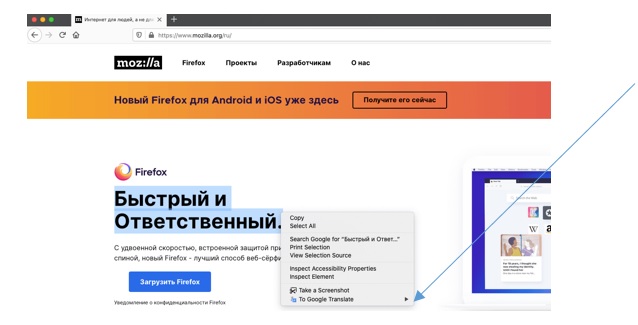
Technology has revolutionized the lives of insurance agents and their customers. But for some financial needs, connecting with a knowledgeable human advisor is the best option.
The benefit of technology for insurance agents is easy to see. Over the last decade, thousands of agents have become more productive—and more affluent—by leveraging digital marketing, sales and administrative tools. These resources have provided greater speed, convenience, connectivity and transactional accuracy across the entire insurance value chain.
But let’s not overstate tech’s power. It’s good at processing large volumes of information and at simplifying tasks. But when it comes to increasing people’s ability to understand and buy insurance, there’s no substitute for dealing with a knowledgeable human agent.
At the end of the day, insurance can still be confusing and intimidating to buy on a self-service basis. To get proper advice, consumers often need to partner with a skilled insurance professional. Enter the power of human connection.
Why Connection Matters
Connecting with a human insurance agent is immensely valuable. It starts with establishing rapport. Knowing that another person is on your side, trying to help you mitigate life’s risks, is hugely beneficial. Rather than navigating these challenges alone, prospects take great comfort knowing that insurance agents have neutralized risks for many clients in the past and can do the same for them.
One can buy insurance online with little or no human involvement. Yet internet connections can fail, and websites can go dark. But insurance agents bring accessibility and are readily available. When consumers are at a loss about neutralizing risk, the quickest and most appropriate solution will often be a legacy insurance agent.
Finally, connection matters because it opens the door to trust. Insurance options abound. But not every online purchase outlet will be known to all buyers or, more importantly, be equally trusted. Even if a website says the right things, looks professional and appears to work, it might not build enough trust to close the sale. This isn’t surprising. It’s usually harder to trust pictures and words on a computer screen than a person sitting next to you or speaking to you on the telephone. Human connections forged between individuals will almost always transcend the human/machine interface.
How to Connect
Even though many consumers prefer to do business with a human rather than digital insurance providers, you still must work to earn their receptivity and trust. Here are some ways to create strong human connections to help you close more sales and retain more clients.
- Increase your touchpoints. This happened during the pandemic as agents and insurers sent their clients more instant messages, video and phone calls and emails. During unprecedented human stress, agents stepped up their outreach with positive results, strengthening their bonds with customers. In response, clients will remember their kindness for many years to come. And they’ll especially remember when it next comes time to buy or renew their insurance.
- Make communications more personal. Building connections presumes you engage with people personally. It requires “humanizing” your prospect and client communications more than before. Start by tailoring your messages to your clients’ demographics and employment, to their content preferences and preferred communication channels. If you have the opportunity to create personalized landing pages, do that; it will increase your click-through conversion rates. And when prospects ultimately become clients, personalize their onboarding experience, which will optimize their long-term loyalty.
- Make your virtual selling more human. Much of insurance selling has migrated to computer screens. This makes meaningful human interaction difficult. But you can break through the screen barrier by researching prospects ahead of time. Learn who they are, whom they know and what they do for work. Then during your virtual sessions, minimize your talking and maximize your listening. Listening is the most effective way to identify and prioritize financial needs, setting the stage for multiple sales.
- Focus on prospects/clients exclusively. When you’re meeting with people, make them your priority—not your incoming emails, texts or phone calls. Shut off your phone, close your laptop and put your computer to sleep. Then focus your attention on the person you’re with. At that moment, no one or nothing in the world should be as important.
- Find common ground. People are infinitely different. Yet they share many mutual things: hobbies, jobs, family roles, sporting teams and more. As you begin talking to a prospect, strive to find something you share with the person, either work-related or personal. Then chat about that for a few minutes before segueing to the insurance discussion.
- Get collaborative. During your virtual sales meetings, don’t just lecture your prospects. Collaborate with them by sharing your screen, writing annotations on your visuals as you speak and asking open-ended questions about how they feel about their personal and business risks and the actions they’ve taken to mitigate them.
- Do video proposals. Meeting with prospects and clients face to face is the best way to review proposed coverage. But if that’s not possible, record a video of yourself discussing the proposed coverage, send it to the person and follow up later to answer questions. Your proposed solution will always make a stronger impression on prospects when it’s stamped with your personality and delivered either face to face or through a video recording.
- Retain control of essential service functions. After you make the sale, your clients may have opportunities to use insurance-company self-service applications to execute specific requests. However, be careful about encouraging this. The more you encourage them to use computer applications for service, the weaker your relationship will become. For this reason, agents often prefer to retain control over tasks such as obtaining loss runs, analyzing loss information, requesting policy changes and requesting cancellations.
Similarly, agents are often reluctant to distance themselves from submitting payroll reports, census info, or other premium audit information or to allow their customers to directly request loss control data or details about audit or payment disputes. Still, clients typically value self-service capabilities because it saves them time and energy. So try to balance their preference for speed and convenience with your need to preserve your human connections.
- Make yourself available. Stress to prospects and clients that you are “always on and always available,” just like their smartphones and tablets are. When people reach out to you regarding something important, assure them you’ll be there to fulfill their requests and assuage their concerns.
At the same time, bringing home the message of being always on and always available can be a tough sell or come off as vague to some clients. That’s why investing in a scheduling tool that connects to your online calendar (Outlook, Google, etc.) with thirty to sixty-minute time slots will accommodate those who’d rather have a defined time set aside for them. It gives people peace of mind that they’re contacting you when you’re listed as available and further assures them that they’ll have an uninterrupted, designated time slot with you.
Why human connections matter to you
We’ve just discussed why human connections matter so much to people who buy and renew insurance. Of course, technology meets many needs today. But without human connections, many clients fail to take full advantage of the many benefits of having insurance.
Similarly, you should expect the insurance company that protects you from providing a similar mix of technology and human support. It should deliver service through automated systems when appropriate but use knowledgeable, responsive and compassionate customer service representatives when necessary. That’s the philosophy of 360 Coverage Pros, a leading provider of E&O insurance for insurance and financial professionals.
Looking to upgrade your E&O insurance and/or cyber liability & data breach insurance? Then learn more about our insurance agent solutions on the 360 Coverage Pros website.







Share this page.